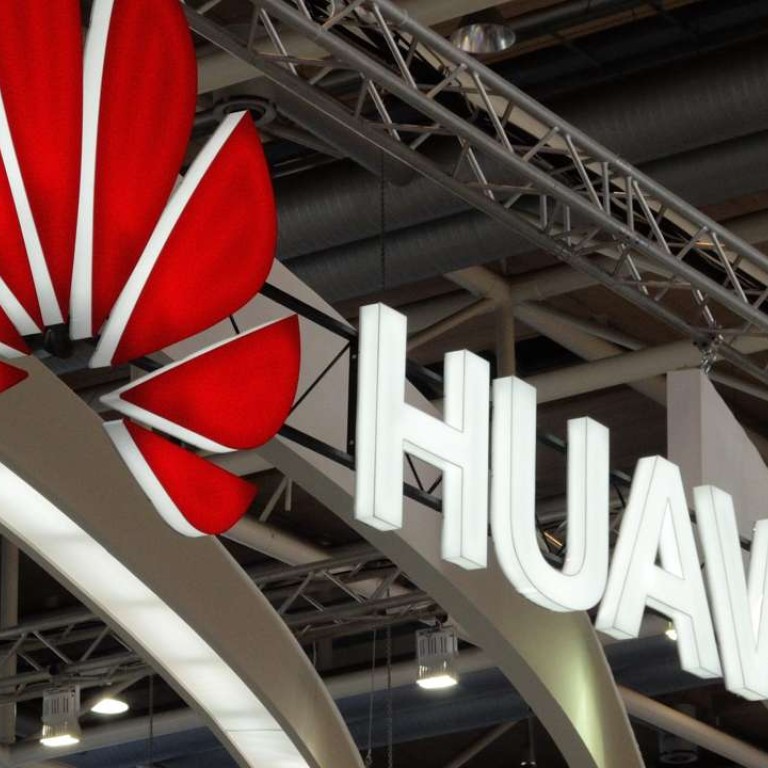
Private sector leads China’s offshore investment drive
Mainland China ranked second in the world in outbound direct investment
Mainland China was the world’s second-biggest outbound direct investor last year, trailing only the United States, according to official data released on Thursday.
The mainland became a net capital exporter for the first time in 2015 as outbound direct investment rose for the 13th year in a row to US$145.67 billion, outstripping foreign direct investment on US$135.6 billion, commerce ministry official Zhang Xiangchen said in Beijing.
The United States was first in ODI with US$300 billion last year, and Japan third with US$128.7 billion.
The private sector led the way for mainland China, contributing 65.3 per cent of the offshore investment, as private firms such as Wanda Group, HNA Group and Huawei Technologies shopped abroad.
Beijing has long urged its state firms to invest overseas but the push is increasingly led by an army of private investors keen to diversify their assets against a depreciating yuan and a slowing domestic economy.
The country’s swelling money base is also driving the outflow of funds – the broad money supply on the mainland at the end of August amounted to nearly US$20 trillion, almost twice the size of the country’s gross domestic product.

Haitong Securities chief economist Li Xunlei said he expected the offshore drive by the mainland’s private sector to continue and possibly push the country past the USby 2020.
“Private capital is actively investing overseas while domestic investment opportunities are scarce and the local currency keeps falling,” Li said. “If not for capital control measures, ODI could be even greater.”
Private capital is actively investing overseas while domestic investment opportunities are scarce and the local currency keeps falling
Beijing has introduced stricter capital controls since a surge in capital outflows at the end of 2015 and early this year.
The country’s global shopping spree, from mineral resources to brands and technology, has raised concerns among governments and homebuyers alike offshore, but the desire for purchases abroad is likely to continue as investors take advantage of a defended yuan exchange rate.
Ha Jiming, vice-chairman of Goldman Sachs Private Wealth Management for China, said at a forum earlier this year that Beijing had to slow money supply or let the yuan depreciate.
He said it was unsustainable to continue printing money aggressively as well as defend the exchange rate.
A source at a state-owned enterprise that made three overseas investment deals in the first half of this year said businesses could increasingly hedge against a weaker yuan by investing overseas.
“Remaining in the home market means seeing yuan-denominated assets devalue,” the source said.
The source said he had also had more inquiries from the foreign exchange regulator to check the authenticity of the firm’s projects as the watchdog was concerned about the possibility of fake schemes being used as vehicles for the capital exodus.
“Even if investment projects are genuine, I expect forex regulators might still put pressure on us if the yuan is under huge devaluation pressure,” he said.

